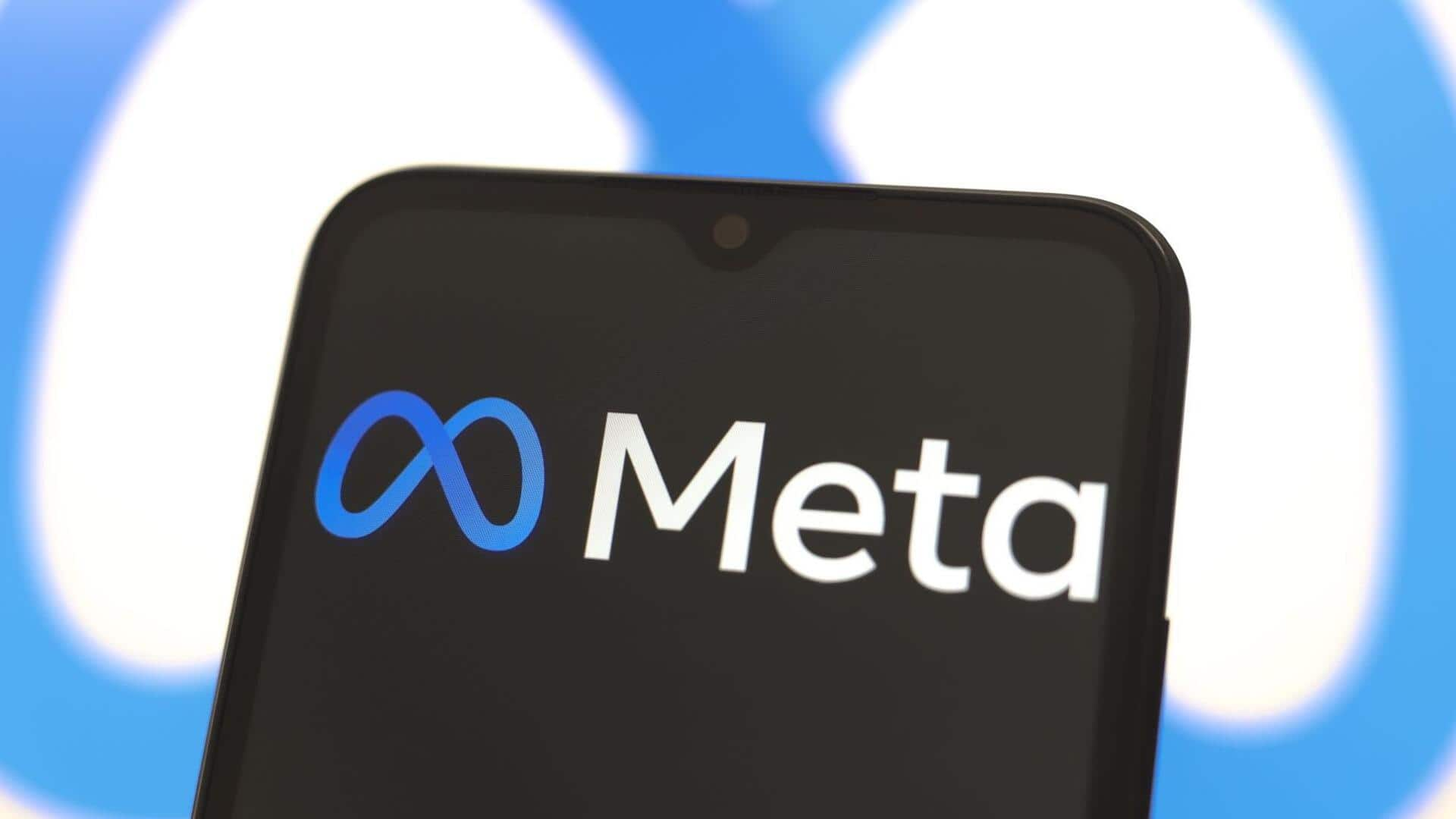
Meta found guilty of illegally harvesting women's period data
What's the story
Meta, the parent company of Facebook, has been found guilty of illegally harvesting sensitive information about women's menstrual cycles and fertility through the popular Flo period-tracking app. A jury ruled that the tech giant violated California's privacy laws by accessing this highly sensitive data without user consent and used it for ad-tracking purposes. The case dates back to 2021 when eight women sued Meta along with other companies, including Flo Health, Google, and analytics firm Flurry.
Data concerns
Flo shared sensitive health data with 3rd parties
The Flo app, which millions of women use to track their menstrual cycles, pregnancies, and health, collects sensitive information such as sexual activity, mental health status, and diet. The lawsuit alleged that Flo shared parts of this data with third parties without user knowledge. The claims were mainly based on Wall Street Journal's story and Federal Trade Commission (FTC)'s investigation. While most companies involved in the case settled out of court, Meta chose to fight it through trial and lost.
SDK controversy
Facebook's SDK collected user data
At the heart of this case was Facebook's software development kit (SDK), a tool that Flo integrated into its app. The kit is usually used to collect user behavior for advertising and analytics purposes. According to the plaintiffs, from June 2016 to February 2019, Flo sent data through the SDK whenever users interacted with certain features, like clicking buttons in the "trying to get pregnant" section.
Verdict details
Meta denied accessing personal information
Meta admitted that Flo used its SDK during the period in question and received "App Event" data. However, the company denied accessing any personal or sensitive health information. The jury disagreed, ruling that Meta did access private data without users' knowledge or consent. The ruling affects over 3.7 million US users who registered with Flo between November 2016 and February 2019.
Privacy impact
Plaintiffs seek billions in damages
The plaintiffs' lawyers have hailed the verdict as a major win for digital privacy, especially for health and period-tracking apps that deal with sensitive data. The case also raises serious questions about how tech companies handle personal information, and how much users really know about what happens to their data. As Meta plans to appeal the ruling, the court is yet to decide specific financial damages, with plaintiffs seeking billions in compensation.